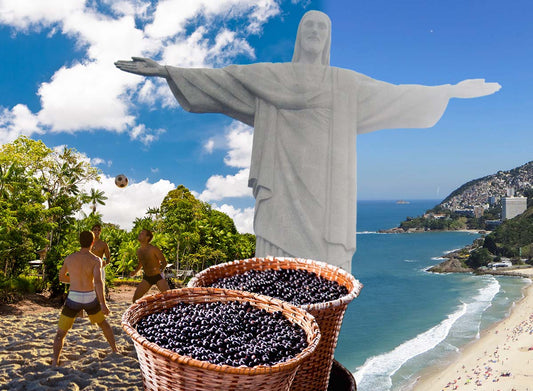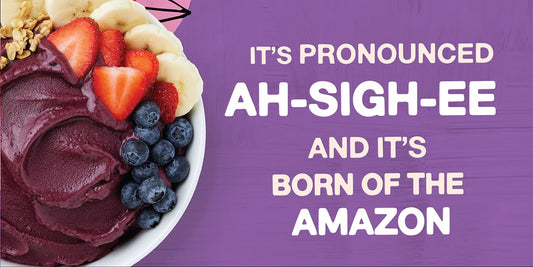Do you ever feel like there are so many things to think about when it comes to what you eat (and drink)? One minute you are told to eat a whole grain diet and the next grains are on the “Don’t eat” list. Or “Breakfast is the most important meal of the day” gets replaced with “Fast until lunchtime.” There is, however, one dietary truth that stays constant: what and how we eat affects our planet.
Plant-based diets are on the rise in the United States. In fact, a recent Nielsen Homescan survey found that 39% of Americans are actively trying to eat more plant-based foods. For some, it comes down to health considerations. Eating less meat and more plant-based foods is better for our bodies. Plant-based diets are associated with a lower risk of diabetes, high blood pressure, heart disease, stroke, and death. For others, the decision to cut out meat is an ethical one based on a personal choice to not eat animal products. But a rising factor is the environment: in a time when our planet is already under considerable strain, do we really want to add to the load with the food on our plates?
So how exactly does our global love of a good burger impact the planet?
In a word? Farmland. Meat and dairy use 83% of farmland and produce 60% of agriculture’s greenhouse gas emissions. And yet, here’s the kicker, they only provide 18% of calories. Much of this farmland exists through deforestation, contributing further to its carbon footprint. What’s more, when a wild area is converted to farmland to raise cattle, it contributes to our current mass extinction of wildlife more than any other factor. (You can find all these striking facts and more in this great article from the Guardian).
“A vegan diet is probably the single biggest way to reduce your impact on planet Earth…”
That quote comes from Dr Joseph Poore, University of Oxford, UK. He ran the biggest study to date to evaluate the environmental impact of farmland. But you don’t have to go full vegan to make a difference. In fact, you can simply switch out dairy milk for non-dairy alternatives such as rice, hemp, almond, or soy milk as a start. Or join the Flexitarian movement, where you don’t eliminate meat entirely, but follow a primarily plant-based diet with the occasional inclusion of meat. If each of us just makes a small change, the impact will be huge.
At Sambazon, we’re not in the business of telling people how and what to eat. We just make eating plant-based a little easier with the delicious powers of Açaí! But in light of science like this, we do our part with our company wide Meatless Mondays -- something we started in 2017 where we have meals catered to the office once a month in an effort to reduce meat consumption, promote a vegetarian lifestyle, and reduce our impact on the planet’s resources.
Now over to you…how do you feel about cutting down your meat intake to help ease the load on our planet? Or if you’re already meat-free, what are some of the biggest challenges you face? We’d love to hear from you in the comments below.







Comments
(0 Comments)Please note, comments need to be approved before they are published.